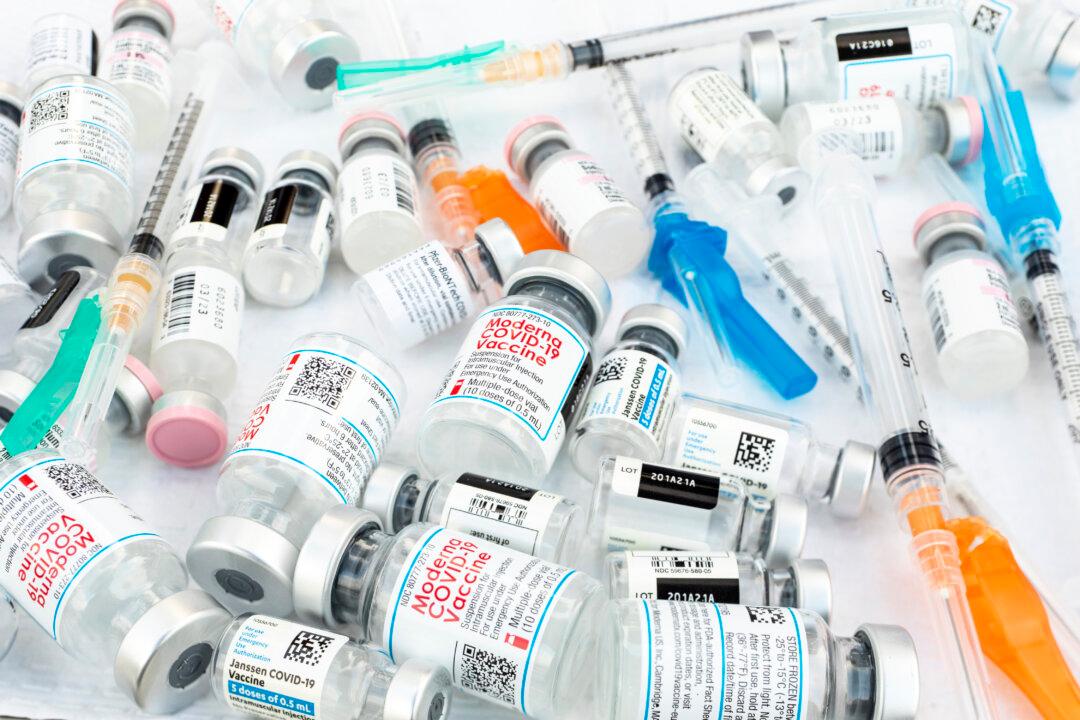Scientists have already started looking for new vaccine candidates for the CCP virus as the mRNA vaccines, such as Pfizer and Moderna, become less effective against increasingly contagious coronavirus mutations, according to new research.
The report, published in the U.S.-based New England Journal of Medicine at the beginning of July found that vaccine-induced antibodies were 2.9 times less able to neutralise the Delta strain, and 6.8 times less able to neutralise the Kappa strain.




